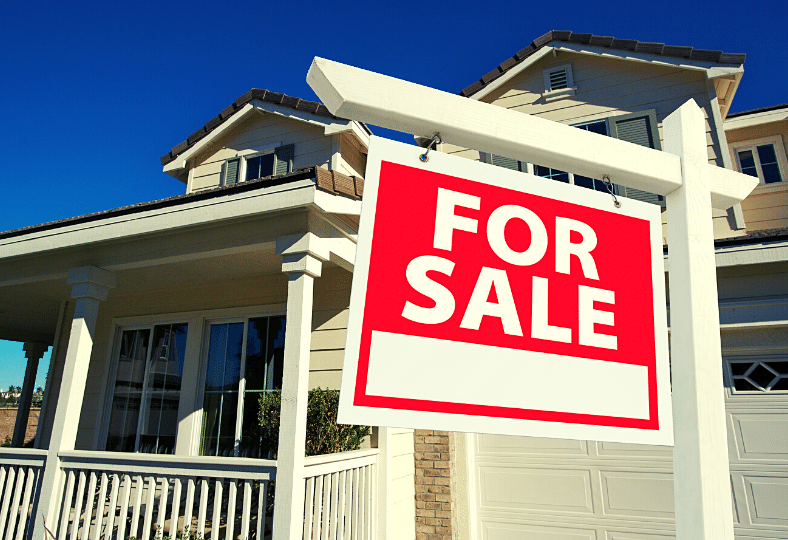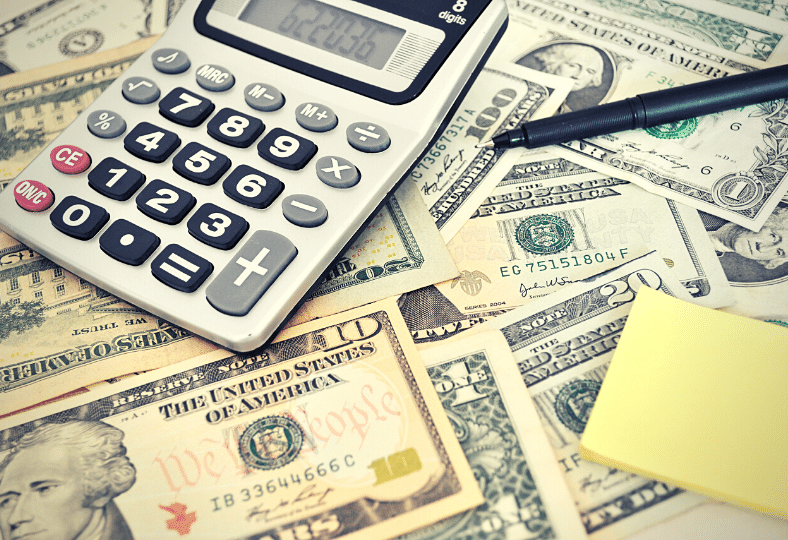Statistic reports that in 2019, there were 14.5 households, 44 million residents, renting single-family homes in the U.S. Urban.org predicts a 21% rise in new rental households between 2020-2040.
Although single-family rentals can often generate strong, steady cash flows, it takes a lot of hard work to own rental real estate.
This article will discuss five steps to purchasing a rental property and the pros and cons associated with investing in real estate.
Is buying a rental property the best choice?
In just a few minutes, we’ll go over the basics of buying rental property. It is important to consider whether renting a property is the right choice for you.
The Internal Revenue Service may classify rental income as a passive activity. However, real estate investments require active participation and a willingness to take on more risk in return for higher potential rewards.
Real estate investors may need to continue oversight of their investments even if they hire a local property management company. Investors may have to approve certain repairs or improvements and review their financial statements monthly and annually, including the income statement, net cash flow report, and annual reconciliations.
Even with the best tenant screening, investors may find themselves with tenants who pay late rent or need to be evicted. Evictions can lead to lost rental income, which can quickly reduce potential profits and lower overall returns. It can also be costly and time-consuming to manage the eviction process.
A good investment property can offer the perfect triplet of recurring rental income and long-term appreciation in property values. Tax benefits are also available by deducting operating expenses and depreciation.
However, savvy investors consider the risks and benefits of investing before they make a move.
How to become a landlord and buy your first rental property in 5 steps
There are five steps you should follow once you have decided that renting a property is the right investment.
1. Arrange financing
A single-family rental property is different than a mortgage application for a primary residence. The down payments are larger, the lender fees and interest rates slightly higher, and you will need to meet different criteria.
- The down payments range from 20% to 25% of the property’s purchase price. Some investors refinance their homes to make a down payment.
- Experian states that a credit score of 720 is necessary to get the best loan terms. However, it is possible to buy an investment property even if your credit score is lower.
- The borrower documents are copies of tax returns and bank statements. Proof of income is also required (similar to applying for a loan for a primary residence).
- If periodic income is lower or expenses are greater than expected, lenders may request up to six months’ worth of mortgage payments in a reserve account.
There are many options for financing a rental property. Although there are more steps to take, there are still plenty of options. Conventional lenders, like banks and credit unions, offer loans backed by Fannie Mae and Freddie Mac.
Other investors can obtain rental property financing through private lenders, or by forming a joint venture.
2. Learn about rental property returns
Real estate investors use return on investment (ROI), a financial metric, to determine the potential profitability of an investment property. An investor must know the following information to calculate the ROI for a property:
- Annual rental income, including tenant rent and any additional income such as pet rent, is estimated
- Estimate the annual operating costs, including property management fees, repairs, insurance, and taxes
- Calculate annual cash flow by subtracting expenses from income to forecast
- Calculate the down payment and other upfront cash, such as repairs that are needed
- Calculate ROI by multiplying the annual cash flow by the total cash invested.
As an example, let’s say a rental property generates $18,000 in annual rental income. Operating expenses equal 50% of the income and the annual mortgage payment totals $6,000 (principal & interest only).
An investor would receive 8% if they made a down payment of $37500
- Annual cash flow = $18,000 rental income – $9,000 operating expenses – $6,000 mortgage payment = $3,000 cash flow before taxes
- ROI = Before-tax cash flow/ Total investment
- $3,000 Cash flow before taxes / $37500 Total investment = 8.0%

3. Locate a rental property
Choosing the right rental property or the best real estate market is only one of the many factors you should consider.
- Employment and population growth
- percent of households occupied by renters
- Rising rent prices and falling vacancy rates
- Long-term appreciation may be possible due to historic changes in home values
- Rating of the neighborhood, including quality school districts and employment rates
- A turnkey single-family rental property that has a tenant (or a home ready to rent) is an option. This helps reduce the risk for first-time investors.
- The rates of property tax can differ from one state to another, which can have a significant impact on your potential ROI.
You can purchase a house for sale online at many places, such as Zillow, Trulia, and Realtor.com. Most listings are only for people looking to purchase a primary residence.
4. If you are not able to manage your property yourself, hire a property manager
It can be difficult to become a landlord. You must manage a rental property by finding and screening tenants, collecting rent, and making repairs.
To keep rental property revenues growing and operating costs under control, landlords must comply with all applicable state and local landlord-tenant laws.
A local property manager is often hired by those who don’t have enough time to manage the property. A property manager can allow investors to reap the benefits of owning rental properties while also avoiding the headaches associated with being a landlord.
Rental property managers are skilled in managing day-to-day operations so investors can concentrate on creating passive income streams and buying rental properties in the best markets to maximize their returns.
5. Keep track of income and expenses
Even experienced investors can find it difficult to keep track of income and expenses from rental properties. The following are common income and expenses that can impact the rental return of a home:
- Rent income
- Deposit security
- Other income (pet, storage, laundry, roommate, etc.
- Leasing fees
- Fees for property management
- Maintenance and repairs
- Landscaping
- Pest control
- Sometimes, utilities are included in small multifamily properties.
- Mortgage payments
- Insurance
- Property taxes
- HOA fees
- Depreciation expense
- Owner expenses (such as a trip to an out-of-state property)

Tips for purchasing a great rental property
Roberti is the founder of the Rich Dad Company. He once stated that “Real Estate investing, even on an extremely small scale, remains a proven and trusted method of building one’s cash flow, and wealth.”
Although this may seem true, not all homes are good investments. Here are some tips to help you buy a great rental property.
- Investing in real estate requires a long-term view.
- The financial metrics for rental property investing include ROI, cash flow, cash on cash return, and cash flow. This guide will help you analyze real estate deals.
- Before you decide what or where to purchase a rental property, it is important to thoroughly analyze each market.
There are other options for purchasing your first rental property.
In some markets, it is becoming harder to find the funds necessary to pay a large down payment in order to rent a property. There are many other options for purchasing a rental property, which require less money.
- Rent out a bedroom in your home and then use the additional income to pay down an existing mortgage or raise funds for a downpayment.
- Buy a small duplex/triplex and live in one of the units, you can use an FHA multifamily mortgage.
- A joint venture with another real estate investor can reduce the cash required to buy a rental home.




